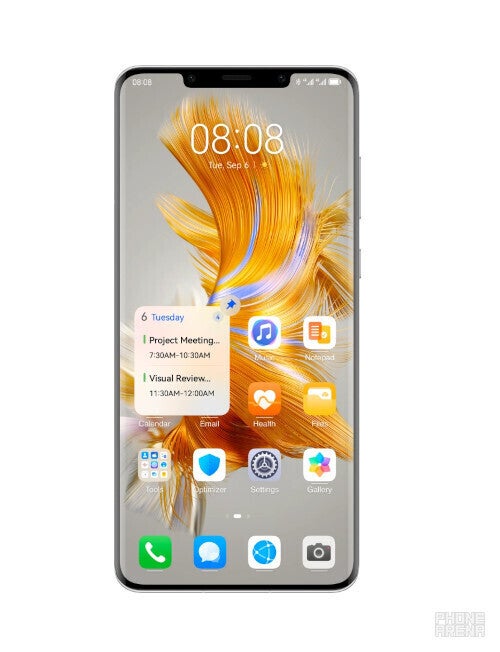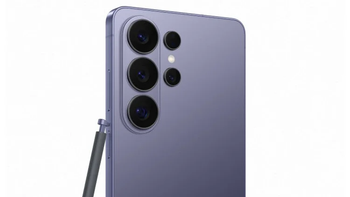U.S. administers the coup de grace to Huawei by expanding its chip ban

In the United States, Chinese manufacturer Huawei is considered a national security threat. Yes, the company did steal parts belonging to T-Mobile's beloved phone testing robot Tappy, and there has always been the concern that its networking gear and phones contain backdoors used to collect data on U.S. companies and citizens. Huawei has always denied this but in 2019 the U.S. Commerce Department placed Huawei on the entity list preventing it from accessing its U.S. supply chain including Google.
Exactly one year to the day, the timing of which I admit has always fascinated me, the U.S. instituted a revised export rule; chip foundries that use American tech to produce chips were banned from shipping cutting-edge components to Huawei. So thanks to the U.S., Huawei was no longer able to use the Google Mobile Services version of Android and could not obtain chips that it designed itself.
Huawei has been able to bounce back from every U.S.-imposed sanction
After coming so close to reaching its long-stated goal of becoming the top smartphone manufacturer in the world (by shipments), Huawei didn't roll over and play dead. It developed its own HarmonyOS operating system (now in its third version), Huawei Mobile Services, and was able to obtain 4G-only versions of Qualcomm Snapdragon chips. Even with these restrictions, Huawei released an innovative and well-received phone last year in the Mate 50 Pro.

Last year's Huawei Mate 50 Pro
While the customized Snapdragon chipsets helped Huawei offer handsets that performance-wise could match other flagships, 5G connectivity was missing. However, with the Mate 50 Pro, a case is available that allows the phone to run on 5G networks. But now even this workaround might no longer be possible for future Huawei handsets. According to Reuters, the Biden administration has stopped approving even more export licenses for U.S. firms shipping to Huawei.
The latest blow to Huawei means that the beleaguered Chinese manufacturer won't be allowed to receive even 4G-only Snapdragon chipsets from Qualcomm. Chinese foreign ministry spokesperson Mao Ning protested the move saying that the U.S. is using an overly broad definition of national security to suppress Chinese firms like Huawei.
This morning, Mao said during a press conference in Beijing that the U.S. action "goes against the principles of the market economy and rules of international trade and finance, hurts the confidence the international community has in the U.S. business environment and is blatant technological hegemony." According to a person familiar with the situation, the U.S. is looking to ban shipments of items even under the 5G level including 4G parts, Wi-Fi 6 and 7, AI, and high-performance computing and cloud items.
At the end of the Trump administration and the start of the Biden administration, Huawei was able to receive 4G-only versions of Qualcomm's Snapdragon SoCs. However, Huawei is no longer able to get approval for even 4G-only silicon. And China's top foundry, SMIC, is unable to produce chips using the cutting-edge process nodes that TSMC and Samsung Foundry use. But that could change eventually.
Huawei's patent application could be a huge game changer
Huawei will reportedly unveil its new P60 flagship series in March. The latest rumors have the P60 Pro powered by a 4G-only Snapdragon 8 Gen 2 chipset.
Follow us on Google News













Things that are NOT allowed:
To help keep our community safe and free from spam, we apply temporary limits to newly created accounts: